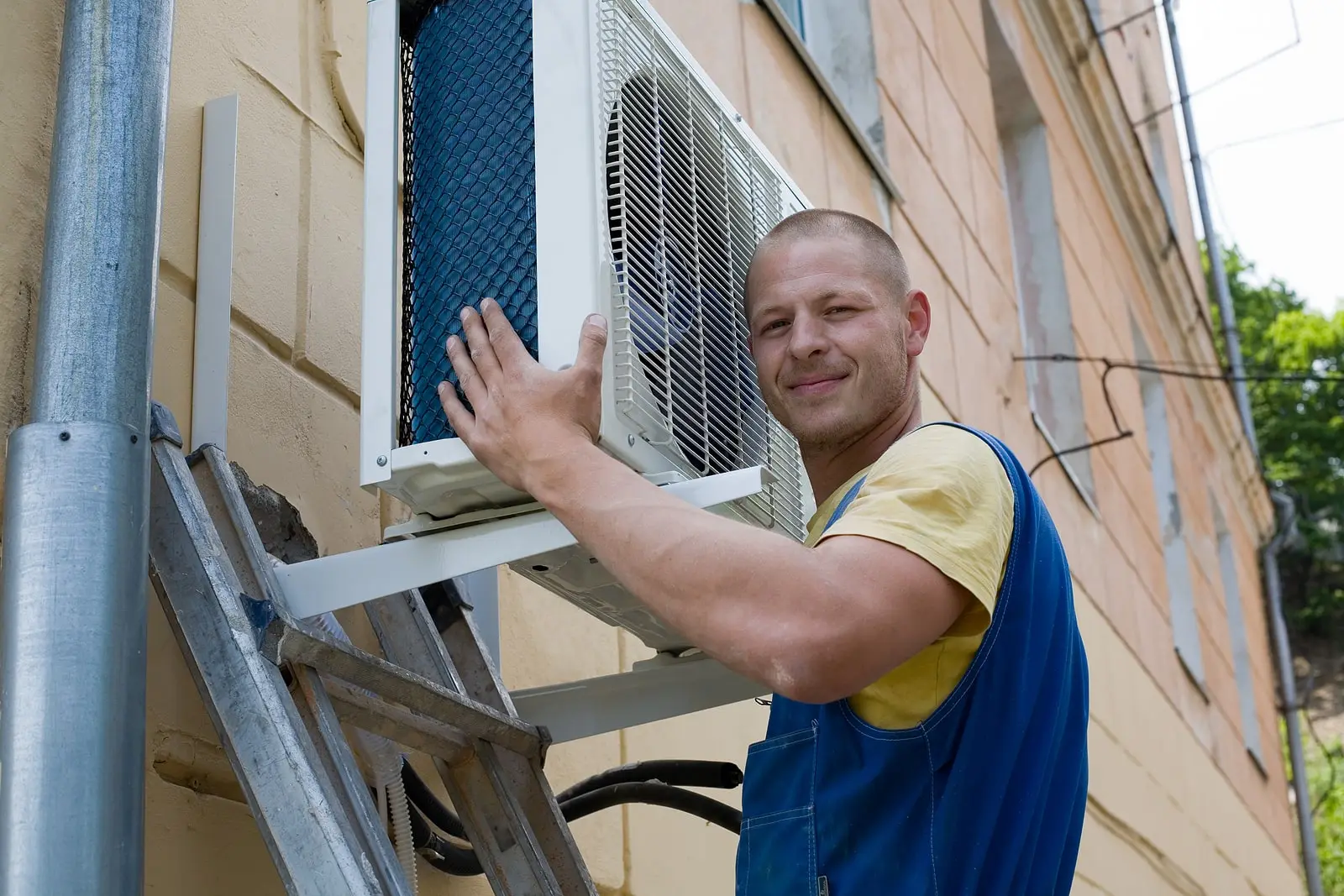
As residents of Port St. Lucie, Florida, we rely heavily on our HVAC systems to keep us comfortable year-round in the face of the region’s hot and humid climate. However, like any mechanical system, HVAC units can experience issues that affect their performance and efficiency. Recognizing the signs of HVAC troubles early on can help homeowners address problems promptly, avoiding costly repairs and ensuring indoor comfort. In this blog post, we’ll discuss common indicators that may point to HVAC issues in Port St. Lucie homes.
1. Poor Airflow
One of the most noticeable signs of HVAC trouble is poor airflow throughout your home. If you notice weak airflow coming from vents or rooms that are consistently hotter or cooler than others, it could indicate issues with your HVAC system. Possible causes include clogged air filters, ductwork leaks, or malfunctioning blower motors.
2. Strange Noises
Unusual noises coming from your HVAC system, such as banging, rattling, or squealing, are often signs of underlying issues. These noises could indicate loose or damaged components, worn-out belts, or motor problems. Ignoring these sounds can lead to further damage and potential system failure.
3. Frequent Cycling
HVAC systems should cycle on and off periodically to maintain indoor comfort levels. However, if your system is cycling frequently or running continuously without reaching the desired temperature, it could indicate issues with thermostat calibration, refrigerant levels, or compressor malfunction. This not only reduces energy efficiency but also puts unnecessary strain on the system.
4. High Humidity Levels
Port St. Lucie’s tropical climate can lead to high indoor humidity levels, especially during the summer months. If you notice excessive humidity indoors despite your HVAC system running, it may indicate issues with your unit’s dehumidification capabilities. This could be due to refrigerant leaks, improper sizing, or inadequate ventilation.
5. Increased Energy Bills
A sudden spike in energy bills without a corresponding increase in usage is a telltale sign of HVAC inefficiency. As HVAC systems age or experience issues, they often consume more energy to maintain indoor comfort levels. Monitoring your energy bills and addressing any unexplained increases promptly can help identify potential HVAC problems.
6. Foul Odors
Unpleasant odors emanating from your HVAC system or vents should not be ignored. Musty or moldy smells could indicate mold or mildew growth within your system or ductwork, while burning or electrical odors may signal overheating components. Addressing these odors promptly is essential for maintaining indoor air quality and preventing health issues.
7. Short Cycling
Short cycling refers to when your HVAC system turns on and off rapidly, often in quick succession. This behavior not only compromises comfort but also increases wear and tear on system components. Short cycling can be caused by various issues, including thermostat issues, refrigerant leaks, or oversized HVAC units.
Conclusion
As homeowners in Port St. Lucie, it’s essential to pay attention to signs indicating potential HVAC issues to ensure indoor comfort and energy efficiency. If you notice any of the aforementioned signs, it’s advisable to contact a licensed HVAC technician for a thorough inspection and diagnosis. Addressing HVAC problems promptly can prevent further damage, extend the lifespan of your system, and ultimately save you money in the long run. Remember, proactive maintenance is key to keeping your HVAC system running smoothly year-round.